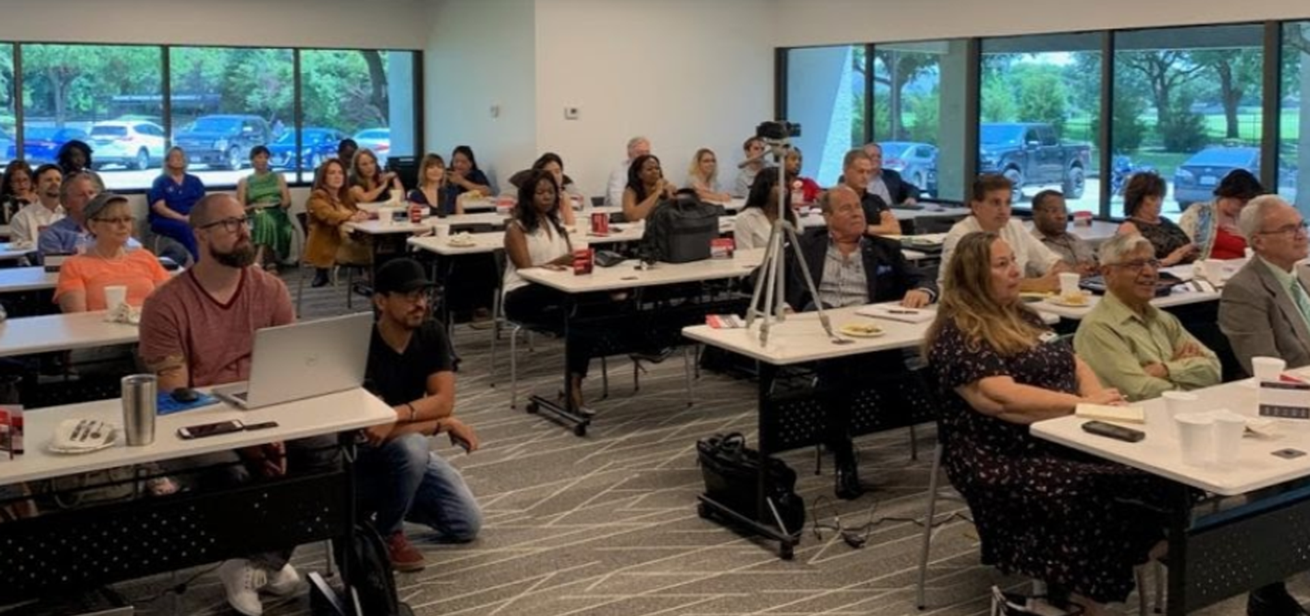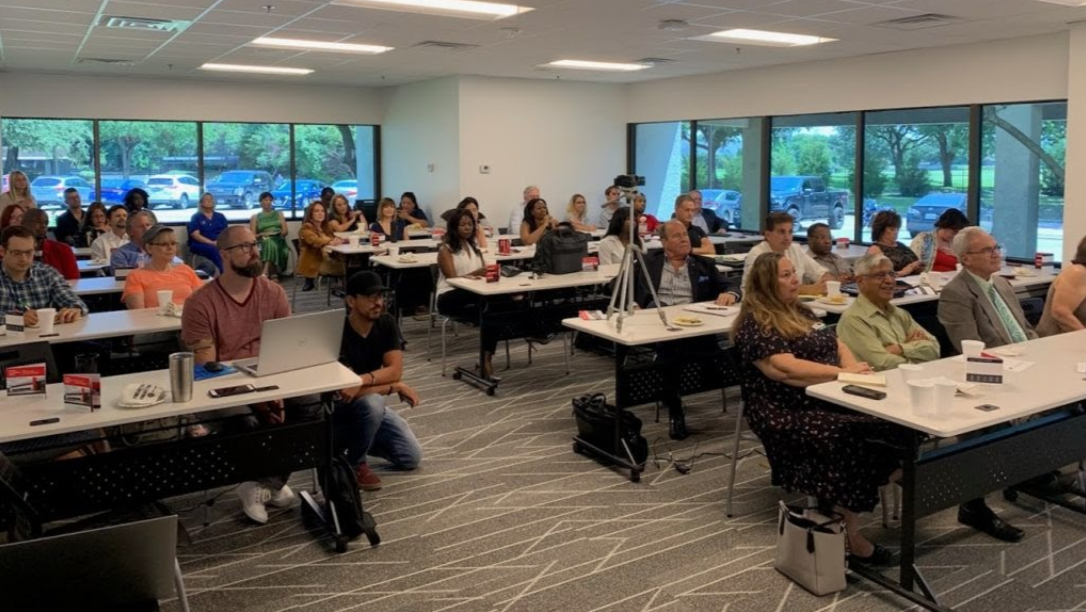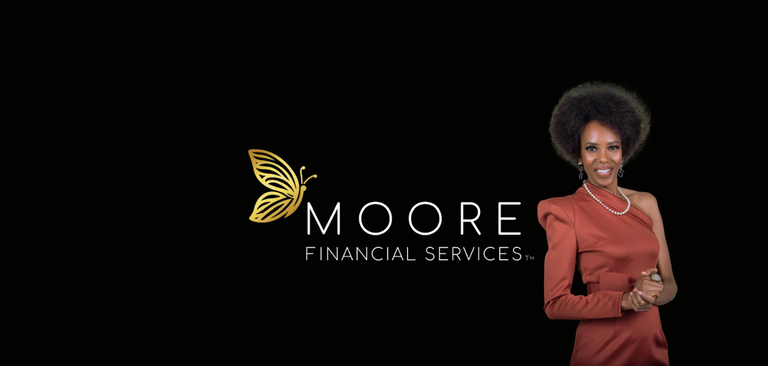
How To Publish A Book And Get Paid Speaking Gigs
Do you have an inspiring story you want to share with the world?
Maybe you’ve thought about putting your experiences down in writing and publishing a book. Or perhaps you’ve considered becoming a public speaker and traveling the world to share your story.
Either one of these things can fill you with fire and drive. You can be absolutely sure that your story is going to improve lives and change the world. All of the material is there, it’s your story after all. But when the idea meets reality, maybe you’ve hit a roadblock. Who is going to want to publish my book? Where do I even start? Who would ever pay me to come and speak at an event?
Enter Brian Cuban
If the last name rings a bell, well, it should. He’s the younger brother of billionaire business mogul and Dallas Mavericks owner Mark Cuban.
Brian Cuban is a Dallas based attorney, author, and addiction recovery advocate. He has been in long-term recovery from alcohol, cocaine, and bulimia since April of 2007.
His first book, “Shattered Image: My Triumph Over Body Dysmorphic Disorder”, chronicles his first-hand experiences living with and recovering from twenty-seven years of eating disorders and Body Dysmorphic Disorder (BDD).
Brian’s most recent, best-selling book, “The Addicted Lawyer: Tales of The Bar, Booze, Blow, & Redemption”, is an unflinching look back at how addiction and other mental health issues destroyed his career as a once-successful lawyer and how he and others in the profession redefined their lives in recovery and found redemption.
He has spoken at colleges, universities, conferences, non-profit and legal events across the United States and in Canada. Brian has appeared on prestigious talk shows including the Katie Couric Show as well as numerous media outlets around the country.
Brian writes extensively on the subjects of addiction and recovery. His columns have appeared on CNN.com, Foxnews.com, The Huffington Post, Above The Law, The New York Times and in newspapers around the world.
At a recent CityCentral Speaker Series he shared his experiences in book publishing and advice on how to get paid speaking gigs.
Answer Two Questions Before You Begin
The first step, before you even type the first word of your book or speech, is to define what your story is and understand why you are telling it.
What’s My Story?
Whether you want to write a book or take up public speaking, the first question to ask yourself is: “What’s my story?”
“Everyone has at least one book in them,” Cuban said.
It’s a paraphrased quote attributed to Christopher Hitchens, but it makes the point: all of us have a story to tell.
Maybe you grew up in poverty yet became a successful business owner. Or overcame addiction then started a counseling service. Survived a terminal disease diagnosis to lead a healthy, happy life as a fitness instructor. Maybe you just have expertise and life experiences you think would benefit others.
You need to have a message and a point to your story for it to be meaningful. Brian’s story is one of overcoming addiction and how it led him to help others struggling with addiction by sharing his experience of recovery.
Whatever your story, it will be meaningful to someone. The more you define exactly what your story is about, your niche, the clearer the message will be and the better you’ll know which audience to target.
Why Am I Telling My Story?
“I want to walk into a room and change one life,” Brian said. “And I want to walk out of that room after sharing my story with the knowledge that maybe just one person does not feel alone.”
That’s Brian’s why. To help others with the problems he’s faced. Inspiring others, letting them know they’re not alone in their struggle.
You have to know why you’re telling your story. You have to know what motivates you to tell it. That’s what will help your story resonate with your audience.

To Speak Or To Write?
Fortunately (or unfortunately), becoming a paid speaker and an author both start at the same point: writing a book.
For the paid speaker, unless you’re a celebrity, the only survivor of a plane crash or have a unique life story like Nick Vujicic who was born without arms or legs yet lives a happy, successful life traveling the world sharing his story with millions of people, you’re going to need to write a book.
“A book coalesces your story and helps to get you known,” Brian said. “Without a book, how do people know about you?”
A book is just a way to get your message out and generate interest in your story.
Before The Book
If you aren’t on social media blogging, vlogging, tweeting, etc., you should be. Much of the content Brian used for his first book came from his blog posts.
Social media is a major tool for getting people interested in your story long before your book is published. Brian recommends that you start marketing your book and building your “village” of contacts at least a year before you begin the publishing process.
A strong social media presence is a necessary first step, whether you want to be an author or a paid speaker. LinkedIn is a powerful online platform that many people are using to market themselves. Two recent CityCentral Speaker Series events detailed how to create content and use LinkedIn for online marketing:
- How To Create Killer Content And Instantly Generate New Business Leads
- LinkedIn Lessons: How To Make It A Marketing Machine For Your Business
Your Book
Don’t worry. You don’t have to write War and Peace or Moby Dick. Just get your story down in your own words. Write what you know and write it from the heart. Leave the fine-tuning to the editors.
Brian’s first book was born from his recovery blog posts about his struggles with an eating disorder and later his recovery after addiction. It was initially a way for him to help himself in his own recovery. He hadn’t even thought of being a public speaker.
He just wanted to write a book.
Tips:
- Write what you know
- Choose a title with impact
- Employ a structural content editor to clean it up
- For feedback, don’t give it to friends, give it to people who will “rip it to shreds”
Publishing Your Book
Getting your book published will make the writing process seem like a cakewalk.
No matter how brilliant your idea or captivating your story is, most publishers won’t even open a manuscript if it doesn’t come from a literary agent. But you have different paths to getting your book published.
Self-publishing is the easiest and fastest route. You won’t have the marketing and PR backing a publishing house offers, but you also won’t have to go through the time and expense of hiring an agent. Plus you’ll get to keep more from the sales of the book and have more creative control.
It is a good idea to publish both online and in hardcopy if your budget allows. Here are some self-publishing options:
Some provide both epublishing and hardcopy printing. Prices depend on a wide range of factors, but you can usually get a single copy of a 100-page paperback for under $10.
If you want to get your book published by a publishing house, the road is going to be longer and more difficult. In addition to patience, you’ll need:
- A clean, professionally written and edited manuscript
- A book proposal
- Query Letter
- An agent
The literary agent is the gatekeeper to the editors at publishers. You will have to do your research to find an agent that fits your particular niche and then spend the time wooing them with your manuscript and query letter.
Public Speaking For Fun and Profit
So you’ve cultivated your social media audience and have a book published. Your story is starting to get out there and you want to tell it to the world. Here are some pointers on developing the public presentation of your story:
- People coming to hear you speak are coming to hear a story
- Your story must connect with people personally
- You have to start small with the lowest level of comfort you’re willing to share
- You have to be authentic
- Speak only on what you know
When you have your presentation down, now you find the organizations that are willing to hear your story. Brian started at local Rotary Clubs, speaking for free. Engagements like these are good practice. Non-profit groups, associations, and schools are also places to start.
Tips for speaking engagements:
- Early on, speaking for free is OK. It gets you exposure and practice. But make sure that you evaluate your audience for receptiveness. Choose an audience that is going to get you word of mouth exposure.
- Hire someone to film your speaking engagements. Often you can find college students willing to work for affordable fees. Filming your engagements builds content and helps you improve your presentation.
- Have a plant in the audience if you’re going to have a Q&A session. It helps to get the ball rolling.
Once you work your way up to paid gigs, one of the hardest questions is how to value yourself – what to charge. Brian says to never undervalue yourself. Start high, then go lower. You can also split the speaking fee with book sales. Another good reason to have a book under your belt.
Writing a book and public speaking aren’t easy endeavors. If you’re choosing to do these things, it’s because you’re sharing something you believe in and feel passionately about. It becomes less about the profits from sales and fees and more about the lives you touch with your story.
Brian said, “Even if you think your presentation was bad and your talk was terrible, you still never know how your story is going to connect with people.”
You have a story to tell. Get out there and share it with the world. Don’t miss another event, sign up for our email and follow us on Facebook, Instagram, and LinkedIn.


